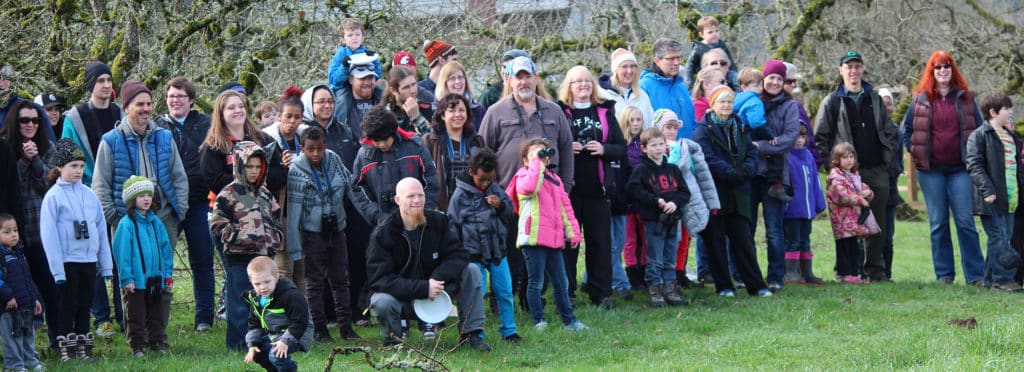
Avitrol is a neurotoxin that is put out in bait to address avian conflict situations. Although it is described by the manufacturer as a “scaring agent,” a closer reading of the label reveals that in fact Avitrol has “acute dermal and oral toxicity” properties and that “birds that react and alarm a flock usually die.” Although applicators are required to collect poisoned birds, the manner in which the poison is used results in a situation where birds can travel long distances before succumbing.
The EPA reviews pesticide registrations on a 15-year basis. Its draft review of Avitrol appears to be surprisingly deficient. Although incidents in Portland and across North America were widely reported and come up by simply googling “Avitrol,” the EPA reported that it did not have knowledge of any ecological incidents resulting from registered uses or uses of unknown legality since 2012. National Geographic covered the issue as recently as 2020. The EPA also inexplicably waived a requirement that it had placed on the manufacturer in 2016 to produce seven ecotoxicity studies and six environmental fate studies in order to support the reregistration process.



